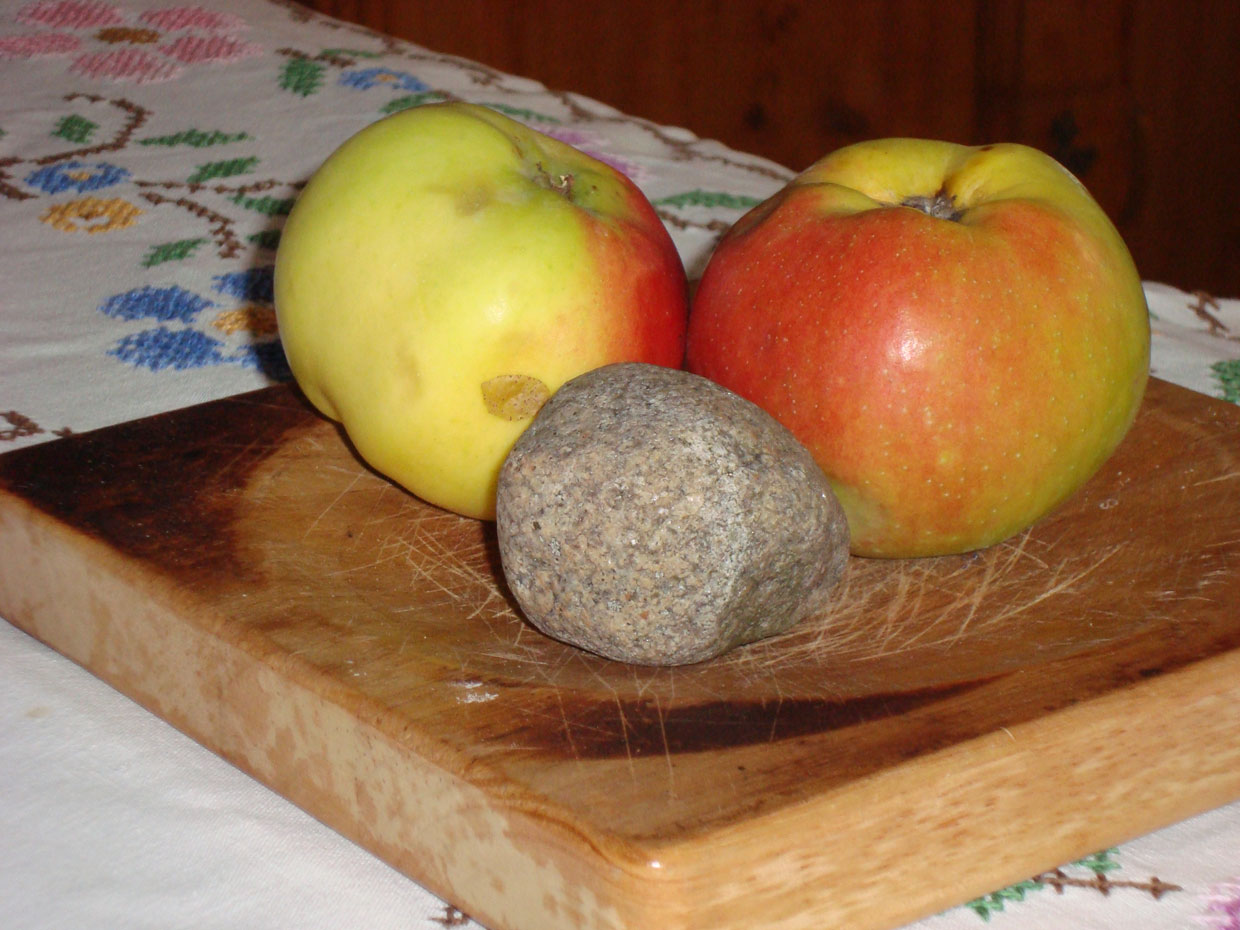On this website I shall bit by bit bring together scattered pieces of my work – more academic in the earlier years, now tending increasingly towards literary prose.

As far as the older essays are concerned, their appearance here is
a kind of test:
Do they bear re-reading? Are there themes which link them, lend
some kind of coherence? Are they no more than occasional pieces or
do they constitute a body of work?
At the same time I want to add new or more recent articles or stories as well as comment both on some of the older pieces and on current phenomena. Whatever the subjects touched on I hope the website or at least some of what is to be found on it will find interested readers.
Martin Chalmers
Last Entry: Iain Galbraith The Slow Evolution of a Poem into Translation
Iain Galbraith The Slow Evolution of a Poem in Translation A short while ago I attended the setting of a friend’s gravestone at a Berlin cemetery. My contribution to the ceremony of music and memoirs was to read out Edwin Morgan’s ‘Clydegrad’, from his Sonnets from Scotland. It was a fine autumnal Friday afternoon, [...]
Category >> The Second Year